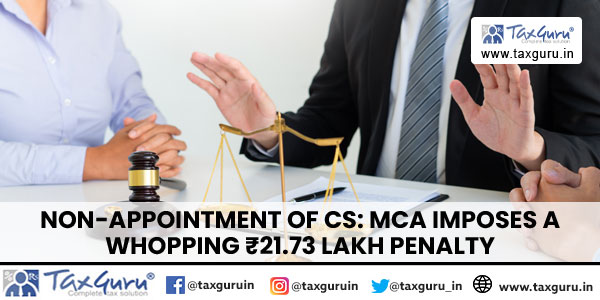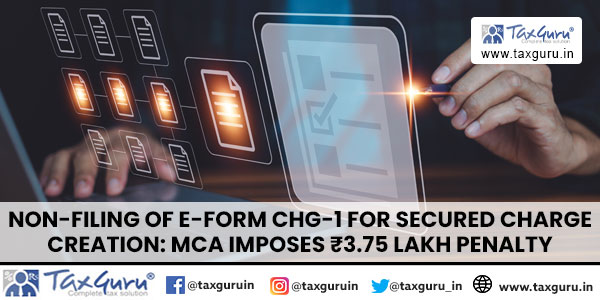Case Law Details
M/s. Zip Industries Ltd. Vs. Commercial Tax Officer (Madras High Court)
Heard Mr.S.N.Kirubanandam, learned counsel appearing for Mr.K.Kannaih Naidu, learned counsel for the petitioner and Mr.K.Venkatesh, learned Government Advocate appearing for the respondent.
2. The petitioner has filed this writ petition challenging an assessment order dated 30.04.2009 under the provisions of the Central Sales Tax Act, 1956 for the assessment year 2005-2006.
3. The only legal issue involved in this writ petition is whether the petitioner is entitled to claim exemption on the sale of zip fasteners to a ready made garment manufacturer, who has exported the ready made garments outside the territory of India. The respondent rejected the petitioner’s claim for exemption on the ground that the petitioner had sold only zip fasteners and what was exported ready made garments through the documents are not proper and the petitioner is not entitled to claim exemption. The legal issue is no longer res integra and has been settled by the Constitution Bench of the Hon’ble Supreme Court in the case of State of Karnataka V. Azad Coach Builders Pvt. Ltd., and another [(2010) 36 VST 1 (SC)]. The respondent/ assessee in the said case was a manufacturer and seller of bus bodies in the State of Karnataka. One M/s. T was an exporter and manufactured chassis of motor vehicles. On receipt of orders from foreign buyers for buses, the exporter in turn placed orders on the respondent/ assessee for bus bodies to be fitted on the chassis supplied by it. The buses were then exported by the exporter. The claim of the respondent/ assessee that its sales were penultimate sales in the course of export was rejected by the Assessing Officer on the ground that the “bus bodies” and “buses” were two different commodities and the bus bodies as such were not exported, but complete buses. The High Court held that the supply of bus bodies by the respondent to the exporter was in the course of export and the words “in relation to such export” extended the scope of the exemption to the extent that even if there was no agreement or order but the sale was in relation to such exports, the exemption could still be claimed under Section 5(3) of the Central Sales Tax Act. The Revenue preferred appeal to the Hon’ble Supreme Court wherein, it was held as follows:
“On the facts, that the transaction between the respondent and the exporter was inextricably connected with the export of goods to outside India. The communication between the foreign buyer and the exporter revealed that the foreign buyer wanted the bus bodies to be manufactured by the respondent under the specifications stipulated by the foreign buyer. The bus bodies constructed and manufactured by the respondent could not be of any use in the local market. Accordingly, the respondent succeeded in satisfying the tests and was eligible to the exemption under Section 5(3) of the Central Sales Tax Act, 1956. When the transaction between the respondent and the exporter and the transaction between the exporter and foreign buyer were inextricably connected with each other, the “same goods” theory had no application.”
4. The above decision of the Hon’ble Supreme Court will apply with full force to the case on hand as in the case on hand. The petitioner has sold zip fasteners to a manufacturer of ready made garments, who has fixed the zips in the garments and exported the garments outside the territory of India. Therefore, the transaction between the petitioner and the exporter was inextricably connected with the export of the goods outside India. Thus, when the transaction between the petitioner and the exporter and the transaction between the exporter and the foreign buyer were inextricably connected with each other, the “same goods” theory would have no application to the case on hand.
5. For the above reasons, the Writ Petition is allowed and the impugned order is set aside. No Costs. Consequently, connected miscellaneous petition is closed.



























